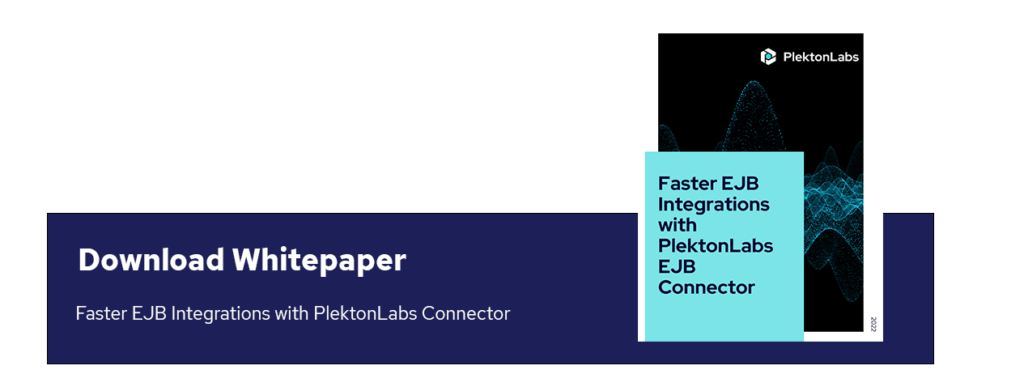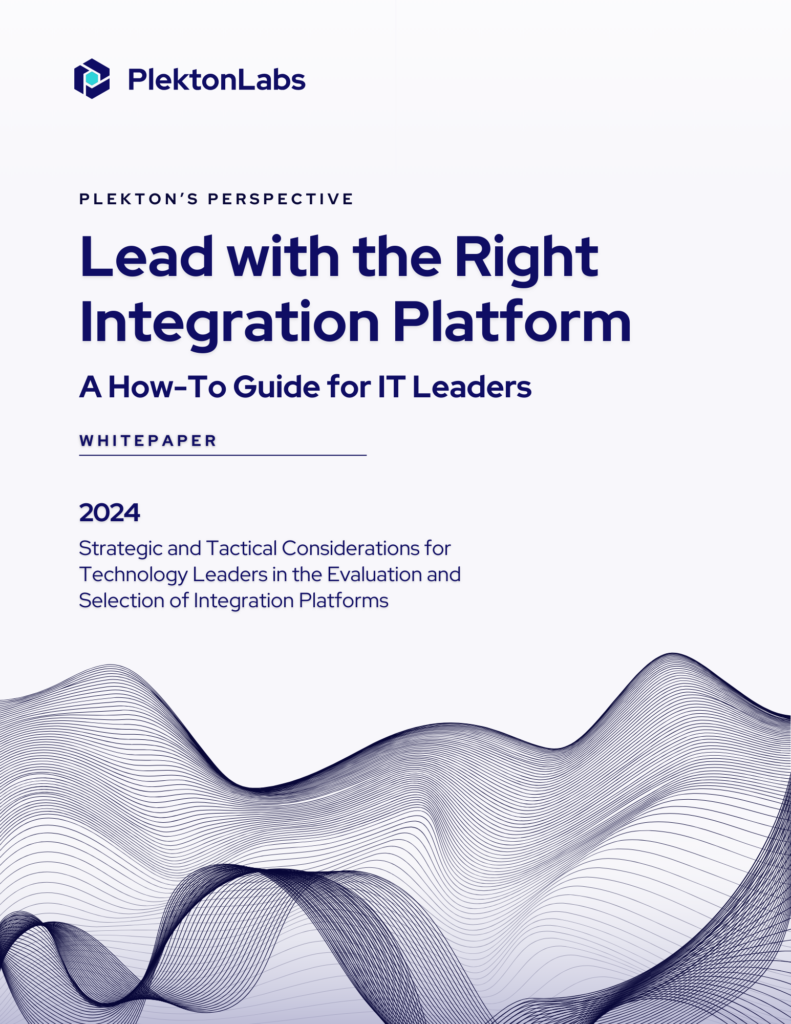Clients, businesses, and those dabbling in MuleSoft products or services are always on the lookout for an effective way to secure their Mule applications and APIs on Anypoint Platform™. A sizable majority of these customers deploy their Mule applications on CloudHub — the cloud offering managed and hosted by MuleSoft.
Thus, by default, any application deployed on CloudHub is exposed to the outside world and therefore requires security. This security concern arises from an access and authentication standpoint, as well as a Quality of Service and compliance angle. The need to secure these applications becomes even more vital when an enterprise documents their APIs in portals like the Community Manager to share business functions.
So, how can a business ensure that its APIs are secure and locked down? What are the various options to secure APIs utilizing capabilities on Anypoint Platform as well as existing frameworks and services? This blog post will look at three common options customers have of securing their APIs, as well as the benefits and drawbacks of each.
Why Anypoint Platform is a Boon for API Security
Anypoint platform offers complete API management services. This includes securing your APIs and keeping them safe from external threats and ill-intentioned users. Tools like Anypoint Security™ offer advanced defense for your integrations and API products.
It also has a more layered approach when securing your application’s network. These layers are coordinated to protect the application network as well as the network’s individual nodes by limiting access to APIs, employing security policies, and mitigating external threats and attacks by proxying inbound and bound traffic.
At the same time, the platform also automatically detects and tokenizes sensitive data when it travels from one point to another, ensuring privacy and confidentiality. Best of all, Anypoint Security employs top-notch and industry-standard practices throughout your APIs lifecycle and keeps an eye on things the whole time.
Securing Your APIs Using this Platform
1. Authentication-All Kinds Of It
Mulesoft’s Anypoint Platform offers a simple, and bullet-proof way to secure your APIs using different kinds of authentication. Using the Security Manager, one can easily set up different kinds of authentication that enable API protection and restrict access to important data.
The most basic kind of authentication uses the age-old username and password credentials. But if this won’t cut it, there are other options to choose from. These include multi-factor authentication, where a token is delivered through SMS or digital key, or token-based credentials. This may be the most secure option as the tokens are issued based on a single username and password-based authentication, preventing a password from being sent back and forth repeatedly.
2. Anypoint API Manager
Using this API Manager is also a solid way to secure your APIs. Every backend API implemented on Anypoint Platform is provided with an API Proxy. Thus, requests entering the platform against the API are vetted and secured.
These API proxies run on an external API Gateway that works as the point of implementation for API policies. It becomes faster and easier to connect API strategies to the endpoints and secure them without altering the underlying code that requires external solutions.
Compared to the other approaches, Anypoint API Manager is a compelling solution because its components are seamlessly integrated with the Anypoint Platform, so they won’t require any extra consideration about firewalls or tunnels. Also, the policies can be effortlessly employed or removed from APIs without custom coding and no need for redeployments.
3. External cloud and third-party services
It is possible to leverage the capabilities from cloud platforms like AWS and Azure to secure Mule endpoints in a crème del a crème sort of way. This approach mainly gives organizations the option to handpick the best tools needed for their security concerns.
However, it also poses a pretty significant issue: a lot of careful planning and consideration is needed regarding end-to-end security. Why? This is because Mule endpoints in question are still exposed on CloudHub. To properly secure the end-to-end traffic, IT will have to create a Virtual Private Cloud and use web firewalls and tunnels that pass through the cloud platforms as well as the Anypoint Platform.
Although it has the potential to be cost-effective, there is also a challenge as it creates a technical debt that can lead to complications later. This further magnifies the task of smoothly creating business functions and exposing them as APIs. Also, this method leads to a dependency on third-party solutions that might change over time. Furthermore, if they suddenly become unavailable, this would needlessly expose the APIs.
Bottomline
Security measures like authentication, custom code, and AnyPoint API Manager are simple, yet robust ways of protecting your APIs from users with malicious intent or data breaches. The Anypoint Platform makes it easier to secure the APIs you deploy, although each method comes with its own pros and cons. You can find more information about securing your APIs here.





